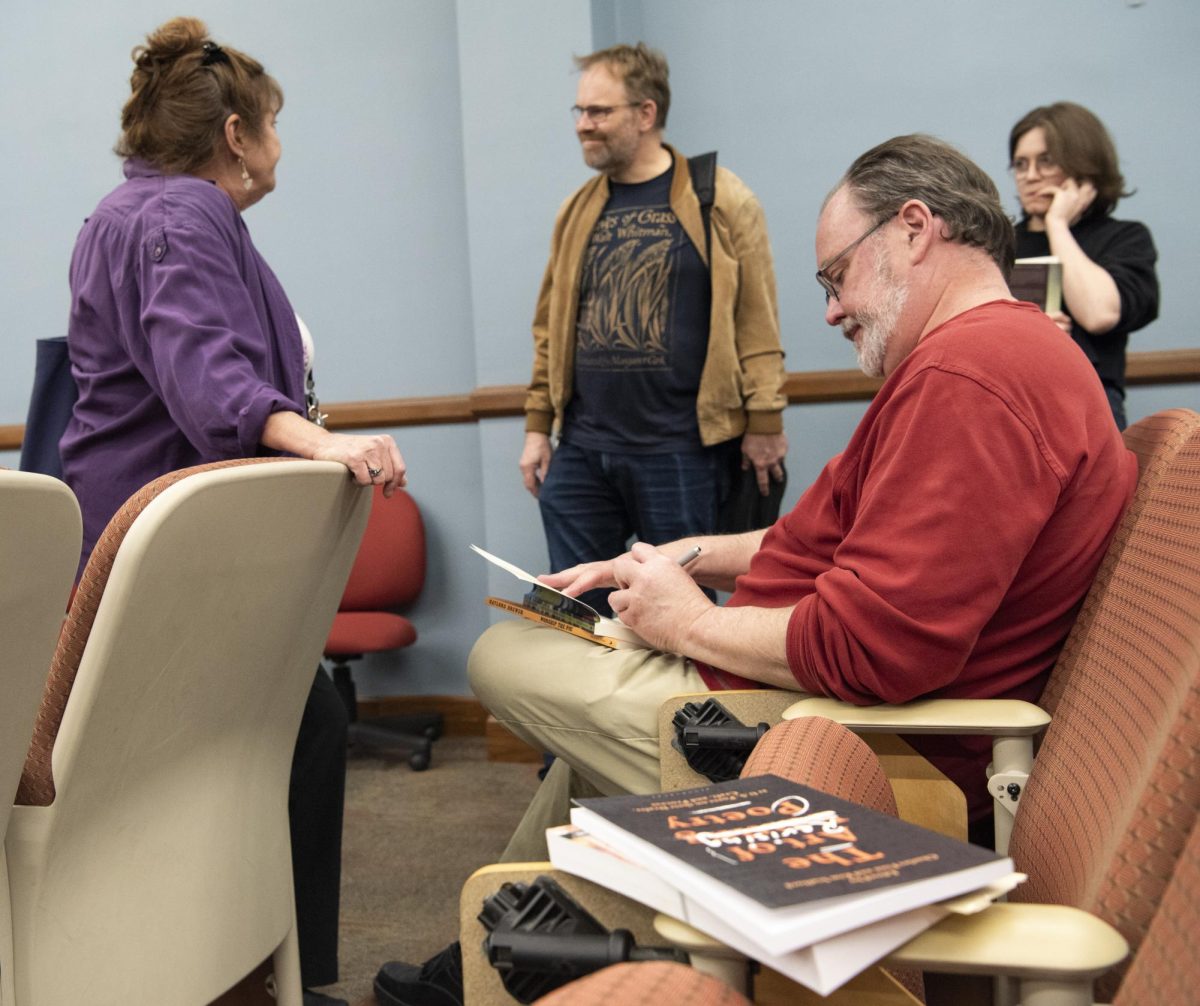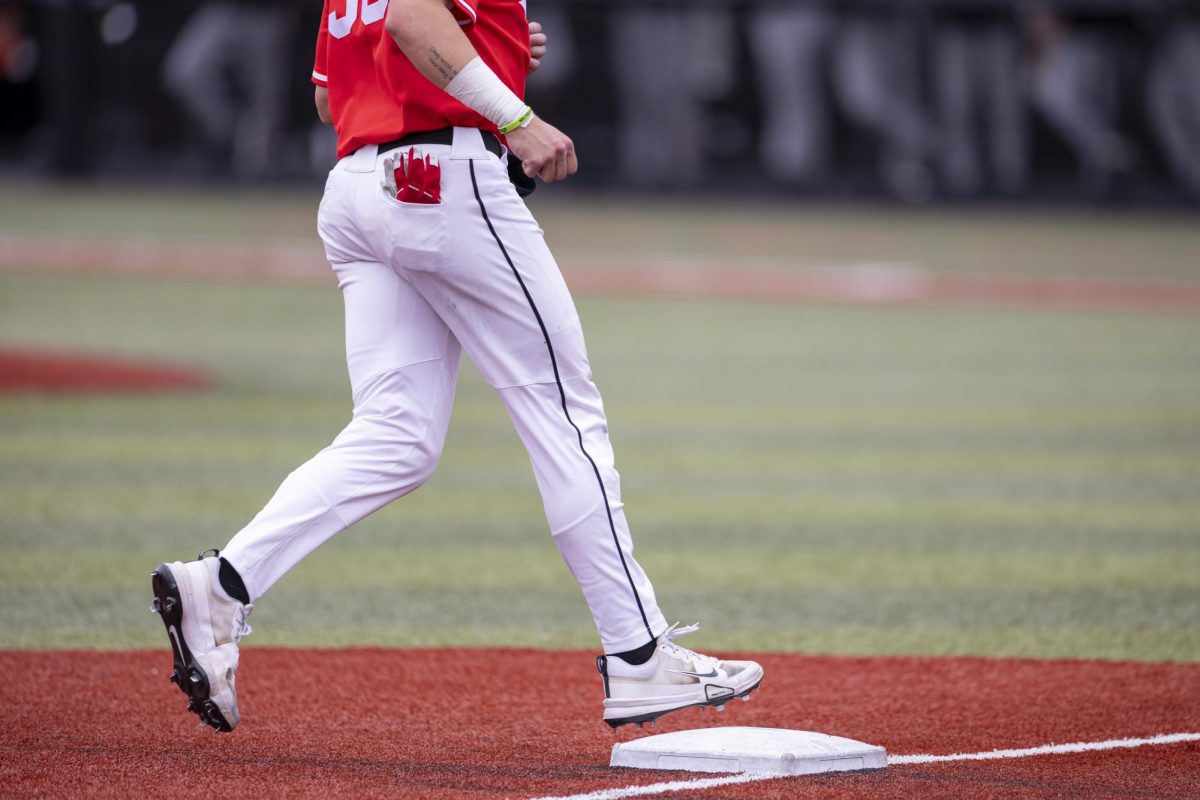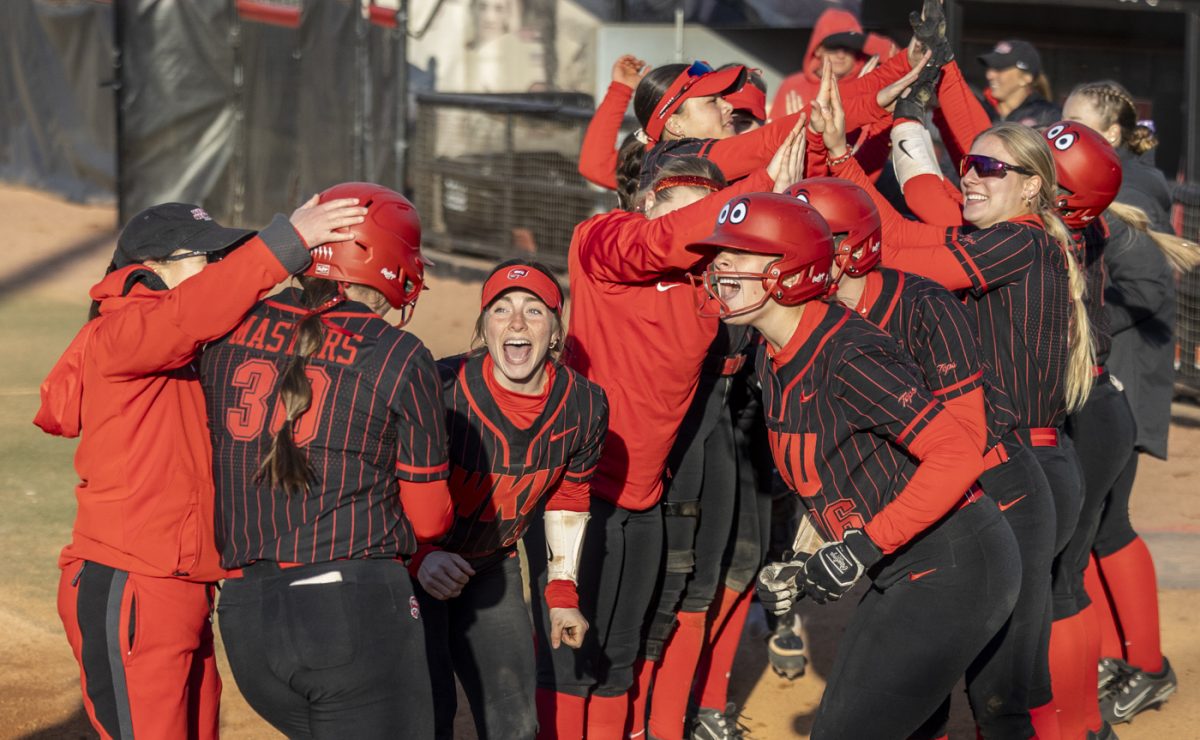SGA voting has begun: What you need to know about the 2022 presidential candidates
April 18, 2022
It’s election season on the Hill — SGA election season, that is. Students can vote on TopNet starting on Monday, April 18 and voting will close Tuesday, April 19 at 11:59 p.m.
The SGA presidential candidates this year are Cole Bornefeld, Olivia Feck and Alexis Courtenay, with each ticket focusing on unique student-specific issues.
Bornefeld, Reed, Kurtz
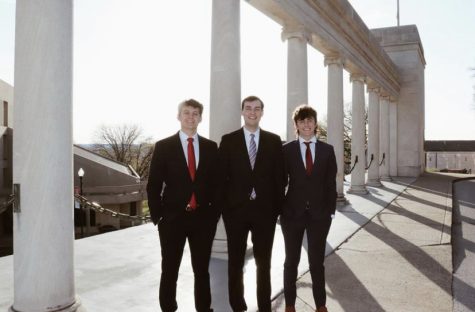
Cole Bornefeld is running on a ticket with Garrison Reed for vice president and Sam Kurtz for administrative vice president.
Bornefeld wants to push to give students who live off campus a larger voice in their community. He also wants to collaborate with local businesses and restaurants to work out discounts for students off campus.
“Another emphasis on this campaign is putting the money back in the students’ pockets,” Bornefeld said. “At the end of the day we have a $100,000 budget, I believe we should be putting a ton of that funding towards scholarships and helping students in need on campus.”
Bornefeld has been heavily involved with SGA legislation and looks to build off of the experience he’s gained.
“So far [what] we were able to accomplish this year is the Swipe out Hunger initiative, I was also able to co-sponsor a bill that gave $1,000 of tornado relief to the food pantry on campus, and I was also able to sponsor a bill that establishes a community relations committee for SGA,” Bornefeld said. “I was able to find a community at WKU and do some great things with SGA, so I decided to run because I felt that I could make a difference for WKU students.”
The Swipe Out Hunger initiative gives students the opportunity to donate their meal swipes during the 4th, 8th and 12th weeks of the semester to students that are struggling with food insecurity.
Olivia Feck
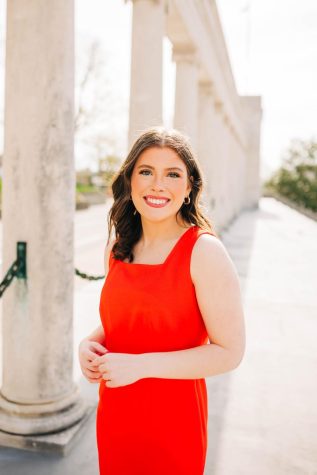
Olivia Feck’s platform focuses on providing students an environment where they can succeed academically.
“I know exactly how difficult dealing with college can be, and I want to be able to tell others who have gone through similar experiences, or if they can relate in any way that if there is anybody that gets it and can help them, it’s me,” Feck said. “College can be a big uphill battle and you can only get through it when you have a team, collaboration, and people that are willing to help you. But you also have to be willing to help yourself.”
Feck feels like her campaign has been an authentic reflection of her person and that she is just as qualified as the other two tickets.
“If there is anyone that can look at this whole student body and say ‘I believe in you and I’ll take a chance on you if nobody else will’, I think I can,” Feck said. “I’ve had to be my own everything during the campaign, and I take an authentic and real approach with my campaign. I’m not an honors Topper but that doesn’t mean I’m any less capable of getting things done.”
Some of the main aspects of Feck’s campaign are mental health awareness, equity for students with disabilities and student engagement. Feck chose these three areas because she feels like they build off of one another.
Feck wants to make sure that students have access to mental health resources and other amenities that can provide assistance. Feck also works in the Students’ Support Services Disabilities Program.
Courtenay, Wells, Powell
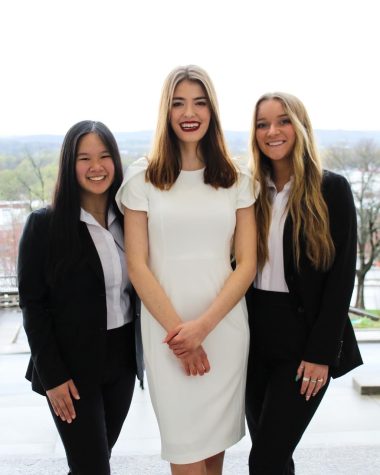
Alexis Courtenay is running for president with Jenna Wells for vice president and Calleigh Powell for administrative vice president. Their platform is about financial wellness for WKU students, promoting student engagement for future, current and past Hilltoppers, and advocating for all 350+ student-run organizations.
“Our campaign has created three main platforms: financial wellness, RSO advocation and promoting student engagement,” Courtenay said. “Each of these tackle different aspects of the college experience that we believe are a key piece to making the most out of your years on the hill. The most important part of our campaign revolves around the student and making sure it is understood we are here to provide a liaison between them and the university.”
Courtenay wants to add more funding for registered student organizations because they provide a safe space for students to share their thoughts and feelings about life on and off the Hill. Courtenay and her team also plan to dedicate a quarter of their budget alone to scholarships for students.
“The most important part of our goal is that we don’t just keep the door open, but offer you a seat at the table,” Courtenay said. “We realize there are less than 50 people in those chambers who are supposed to represent a university with 18,000 students enrolled. We want you to feel comfortable speaking to us and not feel the only way to reach us through email or through senators.”
News Reporter Makaio Smith can be reached makaio.smith083@topper.wku.edu. Follow her on Twitter @MakaioSmith.










